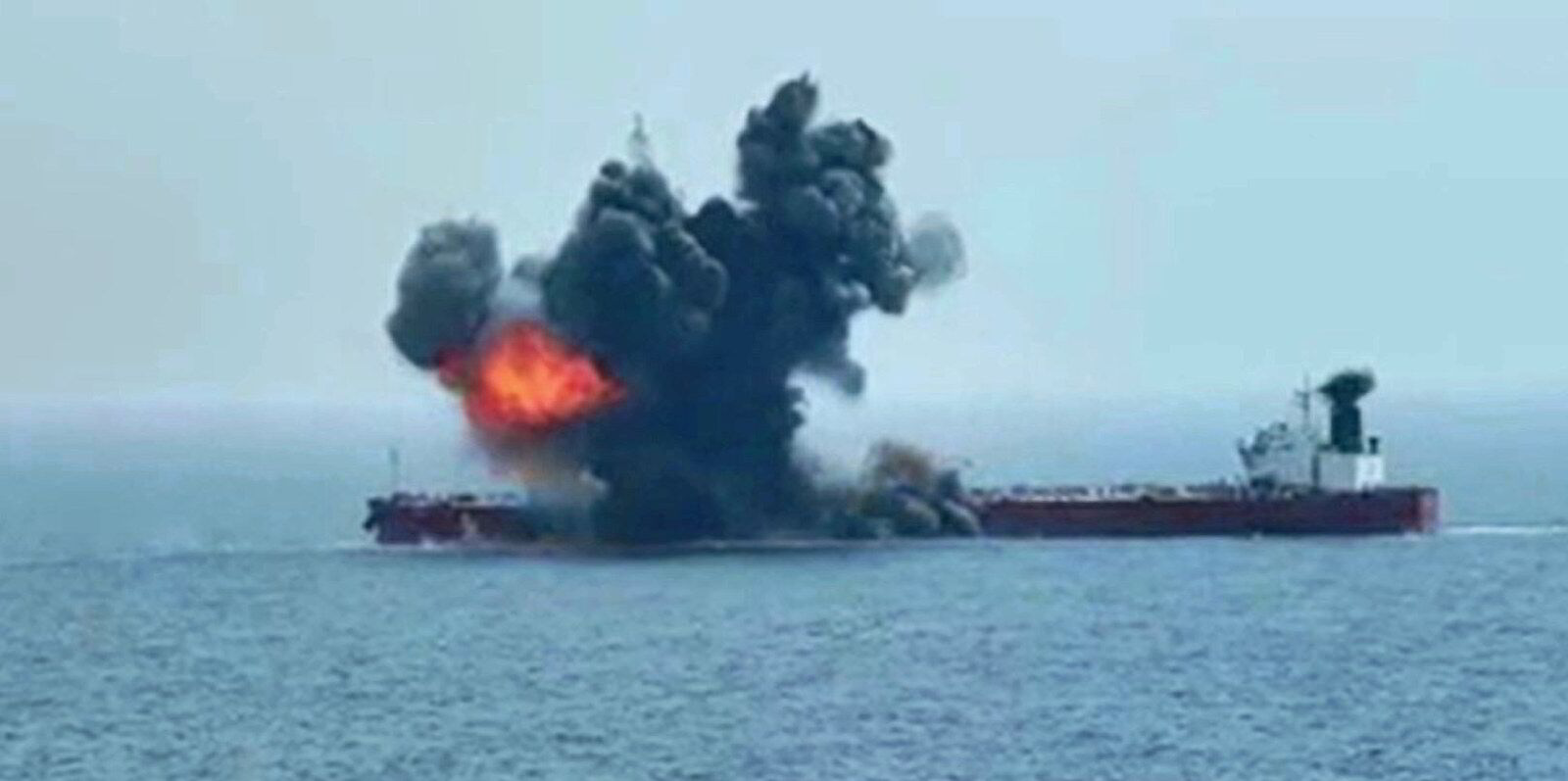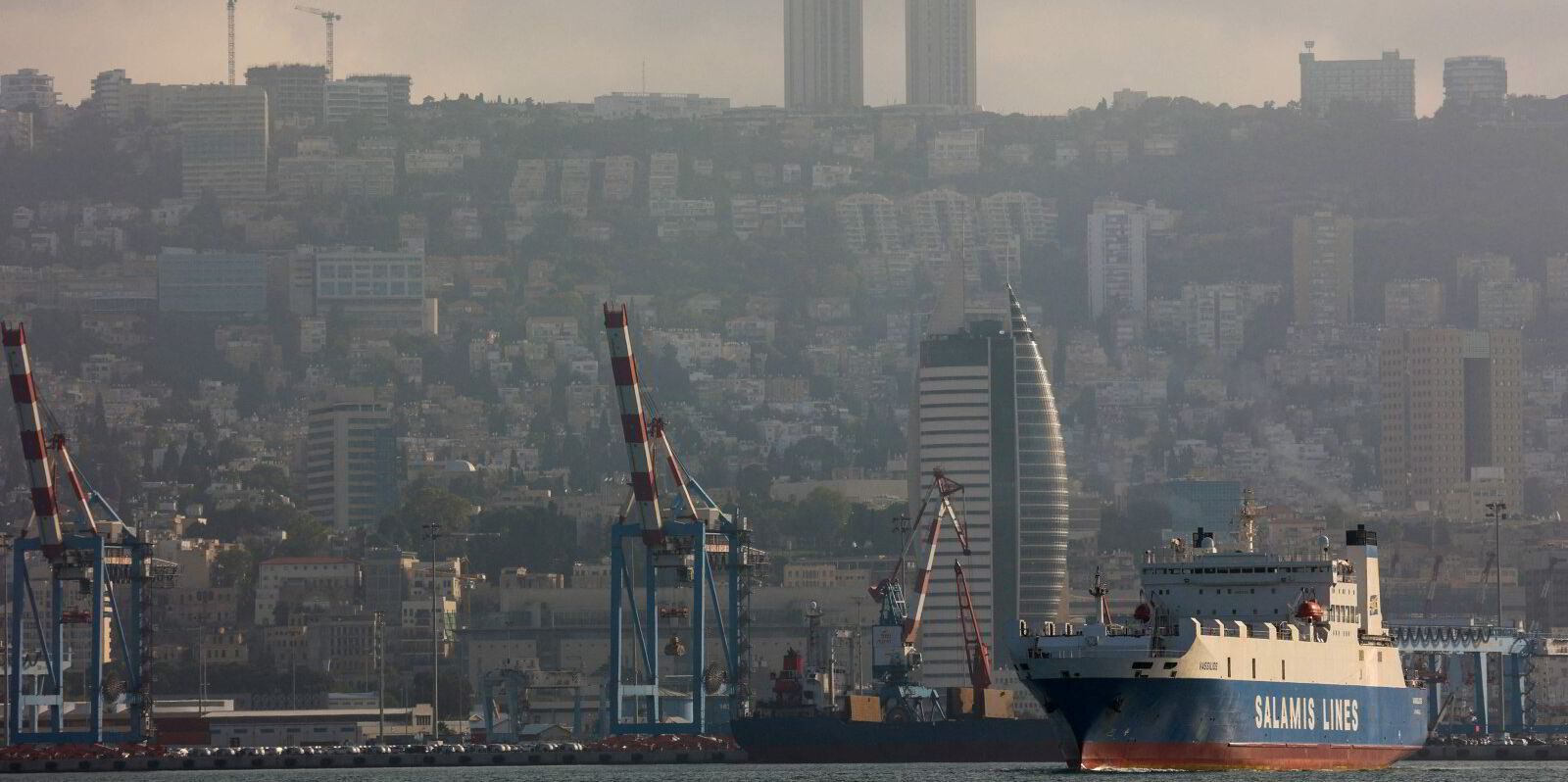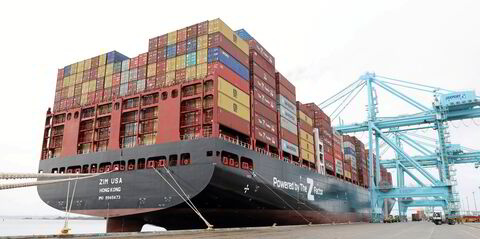The Houthis have made several claims that the Yemen-based militant group has targeted ships in the Mediterranean — but without evidence that a strike has taken place.
Maritime security experts have described the claimed attacks not as a true geographical expansion of the militant group’s assault on shipping, but rather as an escalation of its information war.
Ian Ralby, a US-based maritime law and security expert who is chief executive of IR Consilium, said there have been layers and phases of the Houthis’ operations since the war between Israel and Gaza began in October.
“And one of those phases that is consistently present now is the information operation that they are engaged in to essentially control the narrative and to test how different entities and actors respond to what they say they are doing,” Ralby said in an interview for an upcoming episode of TradeWinds’ Wavelength podcast.
Earlier this week, the official Houthi armed forces website carried a statement claiming that the 6,400-dwt clean product tanker Olvia (built 2011) was targeted in the Mediterranean Sea with help from Islamic Resistance of Iraq, another militant group.
There were no indications of any threat against the ship.
“There was no incident,” Olvia manager Island Oil Holdings told TradeWinds the day after the attack.
Since May, similar attacks in the Mediterranean have been claimed against at least 10 other ships, some in the Israeli port of Haifa, according to Houthi statements.

In many cases, there is no evidence the ships came under fire.
Ralby said that 10 years ago, or even this time last year, no one would have paid attention to a claim by the Houthis that they attacked a ship in the Mediterranean.
“And what they’re possibly doing with these various press releases and statements saying that they’ve attacked positions far from the physical geography of Yemen is to see how we all respond,” he said.
The Washington Institute for Near East Policy, a US think tank, said that even when missiles and drones were launched from Iraq and Yemen towards Eilat, Israel, they were intercepted by Israeli forces.
Senior fellows Noam Raydan and Farzin Nadimi wrote that this means it is likely Houthi aerial weapons will not ever reach their targets in the Mediterranean.
“This is one reason such claims, based on available information, appear to be just part of the Houthi propaganda campaign for now,” they said in a 3 July analysis brief.
The institute said the Houthis have a wide range of weapons, including ballistic missiles, cruise missiles and drones.
But it questioned claims that the Iranian-backed group’s one-way attack drones can reach targets 2,000 km away.
“It is not likely that the Houthis have [a one-way attack drone] that can reach much beyond 1,000 km,” Raydan and Nadimi wrote.
“Based on available information, it is therefore very unlikely that they are attacking Haifa port facilities or maritime targets in the East Mediterranean directly from Yemen using drones and anti-ship missiles.”
That does not mean that shipping should leave its guard down, especially if the Houthis are reaching out to other Islamic fundamentalist militant groups in the region.
Security experts said they do not know if the group is truly in cooperation with the Islamic Resistance of Iraq, an umbrella group made up of Iranian-backed militias.
“The Houthis have set a completely new tone, and one of the things that has done is attract different actors to them,” Ralby said. “And so I would not put it past Islamic Resistance of Iraq to be interested.”
But he said other Iranian-backed groups like Al Shabaab, Hamas or Hezbollah may temporarily ally with the Houthis to ride the momentum of the recent attacks on shipping. The success of those attacks have given the Houthis long-sought visibility.
“They could potentially mould a whole new network of actors that have previously operated in silos,” Ralby said.
Harry Papachristou contributed to this story.





